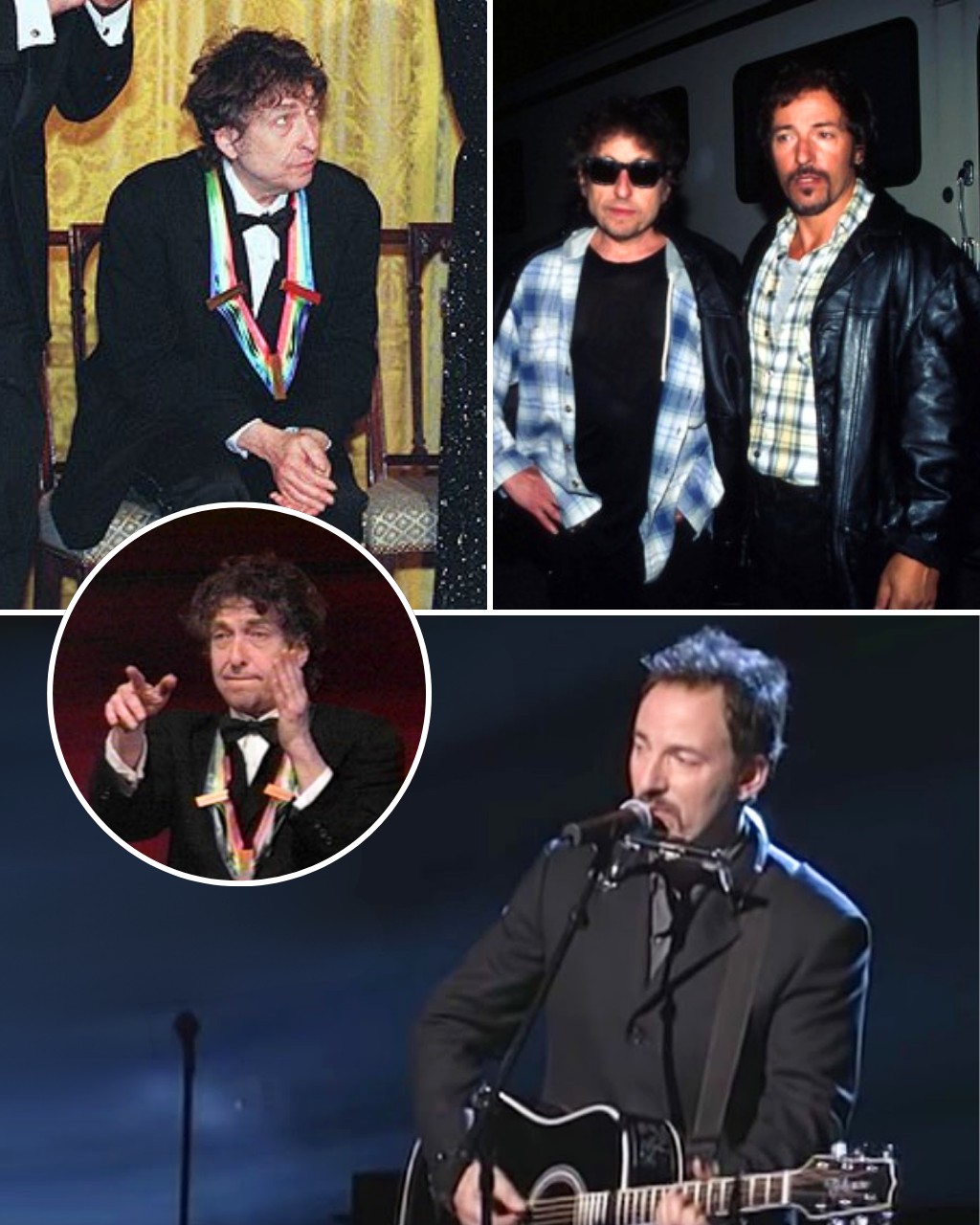The legendary Johnny Cash, known for his deep baritone and captivating stage presence, always kicked off his shows with a simple greeting: “Hello, I’m Johnny Cash.” This tradition held true even in July 2003, for what would become his final public performance.
However, this wasn’t just any concert. It was a poignant homecoming of sorts, held at the Carter Family Fold nestled in the foothills of Virginia’s Clinch Mountain. The significance ran deeper than the location itself. June Carter Cash, the love of Johnny’s life and a member of the iconic Carter Family, had passed away just two months prior. For Johnny, this performance was more than just a setlist; it was a pilgrimage, a tribute to his beloved wife and her musical legacy.
The road leading to this final performance hadn’t been easy. Johnny had been battling health issues for years, including a neurodegenerative disease and the constant struggle with pneumonia. Yet, his spirit remained unbroken. He continued to record music, pouring his heart and soul into each song.
Despite his physical limitations, Johnny walked onto the Carter Family Fold stage, supported by a wheelchair and a deep well of determination. His voice, though raspy from laryngitis, held a quiet strength, resonating with the echoes of a lifetime spent singing and storytelling. Some might hear a frail man with a weathered voice, but for true fans, it was a testament to his unwavering spirit, his dedication to music, and the enduring love for June.
The performance was a raw and emotional journey. Johnny delivered a selection of his most beloved songs, including classics like “Folsom Prison Blues” and “I Walk the Line.” He spoke fondly of June, her spirit seemingly present within the hallowed walls of the venue. The man in black, though weathered by time and illness, stood tall that night, his voice carrying the weight of his experiences and the depth of his love.
This final performance wasn’t just a musical farewell; it was a display of remarkable resilience and an ode to a love story for the ages. It serves as a reminder of Johnny Cash’s enduring legacy, his unwavering spirit, and his unwavering love for music and the woman who captured his heart.





